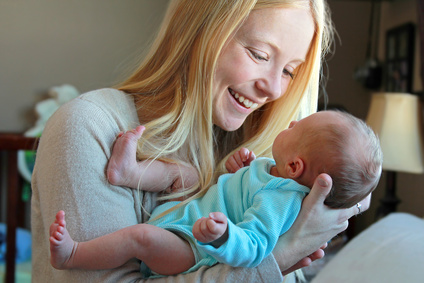
Physical and legal custody are two parts of child custody arrangements. These forms need to be considered during the divorce process to decide on how much time each parent will spend with the child and how much input they have in the child’s major life decisions. This time can be difficult for parents. They want to make sure they are still a big part of their child’s life. Child custody arrangements are vital to the parent-child bond. This is a marital issue that can affect the bond between the parent and child for life. At this time, it can be important to gain legal counsel. With legal counsel at your side, you can fight to gain custody of your children and build a good case.
Legal and physical custody are two separate concepts. Physical custody grants one parent the role of being the custodial parent. This will make them the main guardian for the child, meaning the child will reside with them on a regular basis. Legal custody refers to the ability to make decisions for your child. When parents are given this right, they can decide on important issues for the child’s well-being. This can include the child’s education, religion, medical treatment and more. With this role, the parent can still be given authority over their child’s life even if they are not named as the custodial parent.
What happens if my former spouse doesn’t follow custody arrangements?
Custody arrangements are considered to be court orders, which means they must be followed by spouses. Otherwise, spouses may prove to be in contempt of court and jeopardize their custody of their children. Parents must follow these arrangements or they may face penalties. If your former spouse is not cooperating with the agreement that was made, you have the right to file a motion with the court. The judge can review the case and figure out a final decision. Your former spouse may face consequences for their inability to cooperate.
Arrangements must be followed once they are made. However, they can be changed when parents are in need of it or if children are found to be in need of a change of a custody arrangement. Whether your former spouse is failing to adhere to them or there are other life interferences, you can enter into court to get your current custody arrangement modified. Since new circumstances can arise, this can be beneficial. The judge will always consider the health and safety of the child first. If the health or safety of the child is being compromised due to the
The divorce process can be challenging, but our team at Ilkhanoff & Silverstein are dedicated to fighting for your best interests. Since 1999, our York divorce lawyers have guided our clients through this emotional and stressful time with compassionate client service and results-driven legal counsel.

